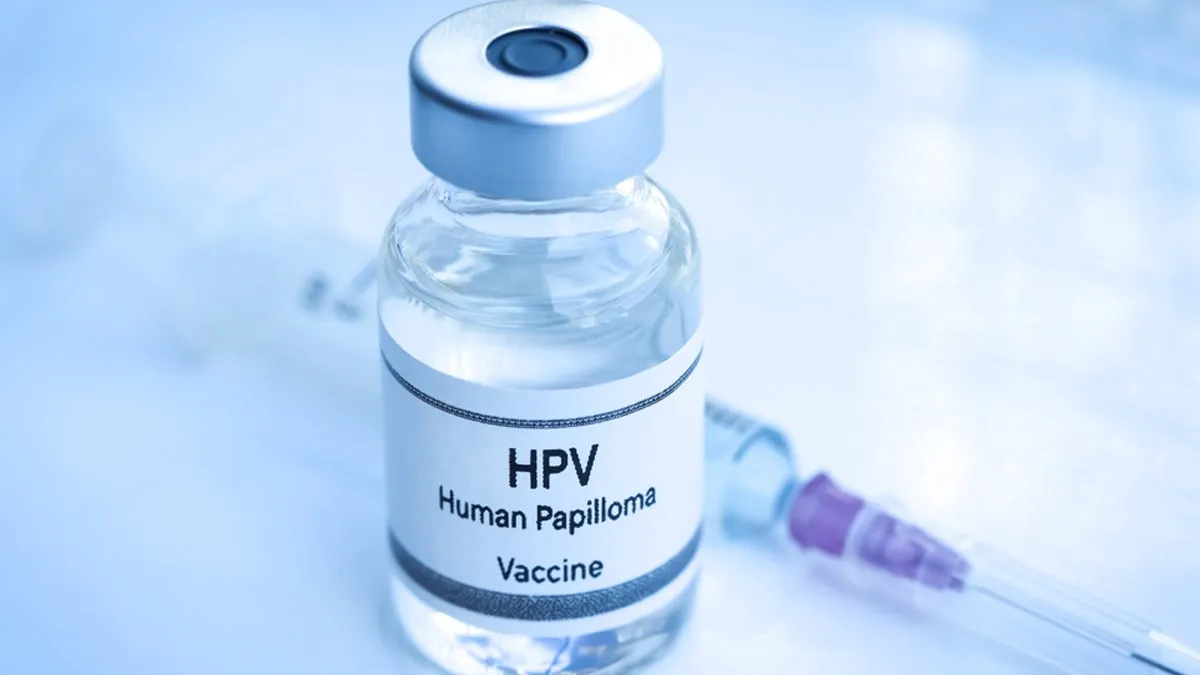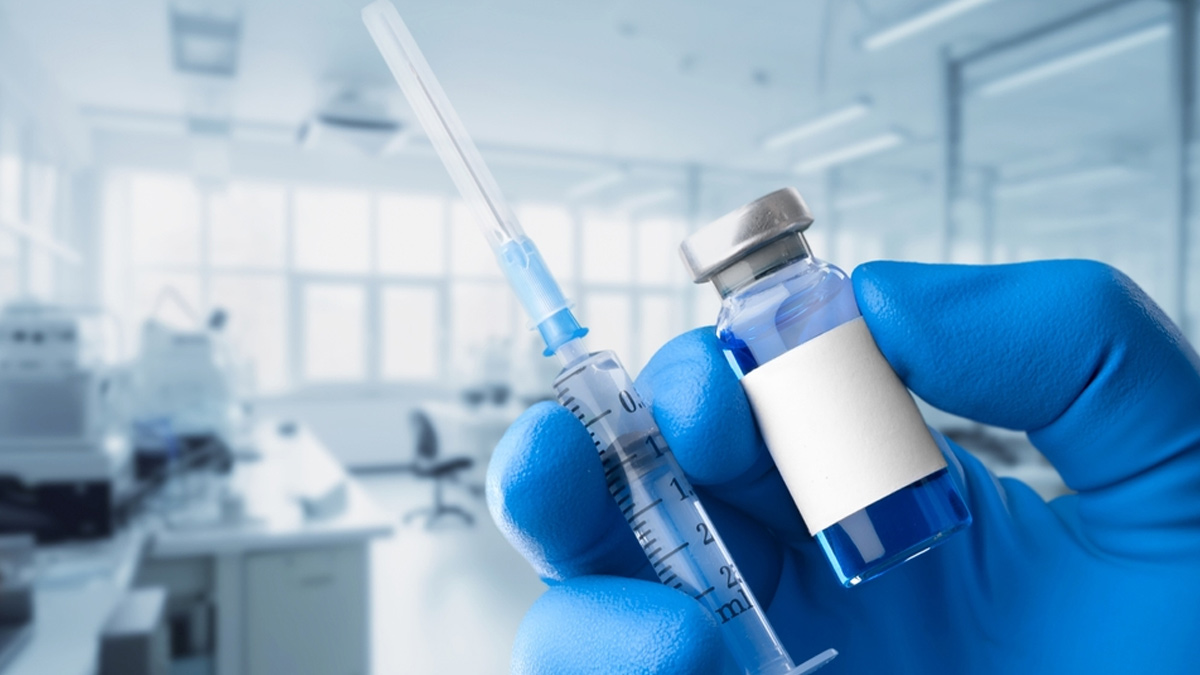
In a landmark international collaboration announced on June 30, 2025, Hyderabad‑based Biological E. Limited (BE) and Jiangsu Recbio Technology (Recbio) have signed a licensing and technology transfer agreement to manufacture the recombinant 9‑valent HPV vaccine, REC603, in India. BE will have exclusive rights for commercialisation in India and access tenders from global procurement agencies, such as UNICEF and PAHO. This collaboration aims to increase access to HPV9 immunisation across South Asia and other low and middle‑income nations.
Table of Content:-
HPV and Clinical Importance
Human Papillomavirus (HPV) remains a significant etiological agent for cervical cancer globally, with additional oncogenic links to vulvar, vaginal, anal, and oropharyngeal malignancies, and external genital warts.
According to the World Health Organization, as of 2019, HPV was estimated to contribute to 6,20,000 cancer cases in women and 70,000 in men. Cervical cancer is the fourth most common cancer-related killer among women worldwide, causing over 35,000 deaths in India alone during 2023.
A 9‑valent vaccine offers significant public health benefits by protecting against nine HPV genotypes, including HPV‑16 and 18, responsible for approximately 70% of cervical cancers, and additional high‑risk types that collectively cover about 90% of cervical cancer cases and associated genital warts.
The REC603 Vaccine

REC603 is a recombinant protein-based HPV9 vaccine currently in Phase III evaluation in China. It is indicated for individuals aged 9–45 years. Recbio reports that the vaccine’s Phase III trials are 'crucial' and measuring immunogenicity and safety outcomes relative to established comparators.
Preliminary data from Recbio suggest the vaccine elicits an immune response comparable to Gardasil 9, the current standard, though final immunogenicity and efficacy results are pending trial completion.
Also Read: What is the Recommended Age for Receiving the HPV Vaccine? Is It Effective For Adults Over 26?
Scope of the Partnership
Under the licensing agreement:
- BE receives exclusive Indian commercialisation rights and entry into UNICEF and PAHO tender processes.
- Recbio will initially provide the Drug Substance (DS) to BE and transfer downstream processes, such as formulation, fill, and packaging, with plans for transferring DS production later.
- The deal includes upfront payments, milestone-based compensation, and royalties tied to annual net sales.
This symbiotic partnership enables BE to leverage its advanced manufacturing infrastructure and supply chain to make HPV9 vaccines broadly accessible. BE currently produces vaccines for over 140 countries and holds multiple WHO-prequalified and US FDA–approved products.
Public Health and Access Implications
The collaboration is expected to significantly enhance affordability and access to HPV vaccines in India and beyond. Presently, the cost of Gardasil in private Indian markets often exceeds ₹10,000 per dose. BE’s model, characterised by cost-effective manufacturing, could reduce per‑dose pricing substantially.
By targeting tender markets through UNICEF and PAHO, BE may supply HPV9 to other low‑ and middle‑income countries, contributing to WHO’s cervical cancer elimination goals. According to Recbio, global HPV vaccine demand currently outpaces supply, a gap that this partnership aims to address
Also Read: 10 Reasons To Be Vaccinated Against Human Papillomavirus (HPV)
Regulatory Pathway
REC603 must complete Phase III trials in China, with Recbio expected to submit data to Chinese regulators later in 2025. Simultaneously, BE will likely conduct bridging studies in India and pursue approvals from the Drugs Controller General of India (DCGI). Given BE’s recent fast-track approvals, including their 14‑valent pneumococcal conjugate vaccine, a similar expedited pathway could be anticipated.
Manufacturing and Scale‑Up
BE’s Genome Valley facility in Hyderabad, expanded at ₹1,800 crore, is well positioned for large‑scale production. After finalising the technology transfer, bulk manufacturing in Hyderabad may commence within 12–18 months, a timeline aligning with global demand cycles. With BE’s existing export channels, including UNICEF, PAHO, and national immunisation programs, REC603 doses could swiftly reach millions of eligible children and women.
[Disclaimer: This article contains information for informational purposes only. Hence, we advise you to consult your professional if you are dealing with any health issue to avoid complications.]
Also watch this video
How we keep this article up to date:
We work with experts and keep a close eye on the latest in health and wellness. Whenever there is a new research or helpful information, we update our articles with accurate and useful advice.
Current Version